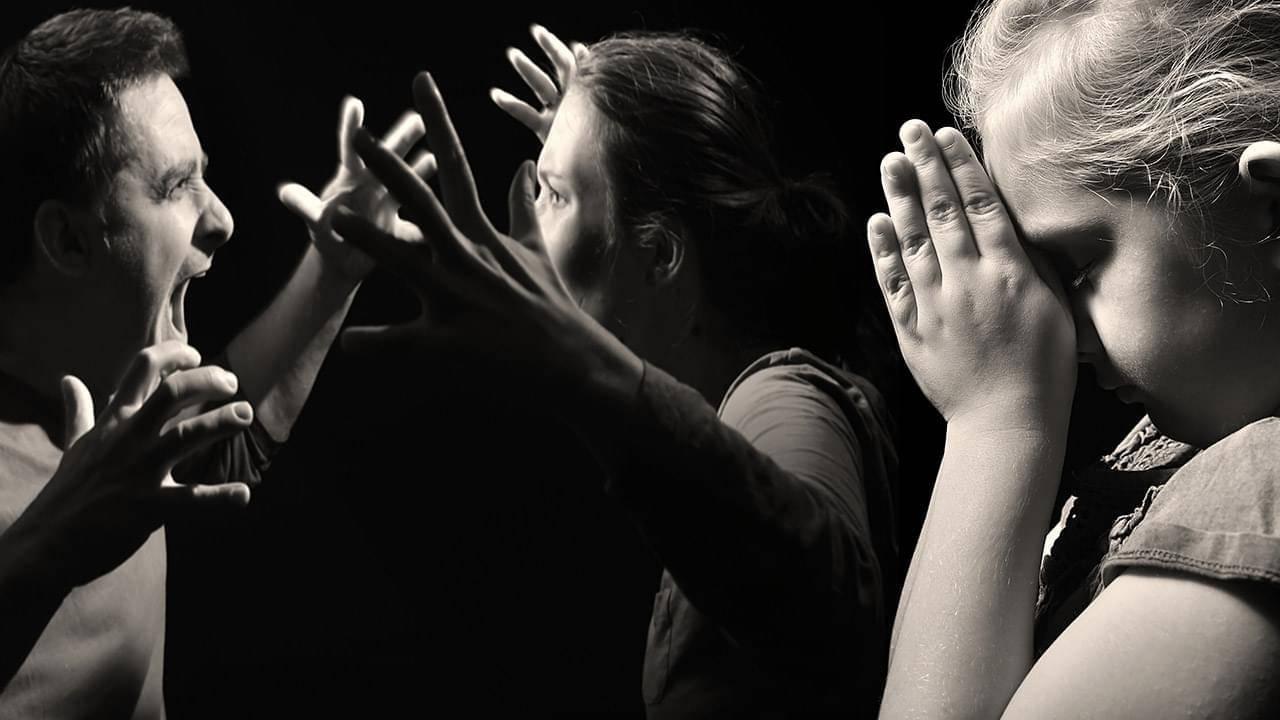Domestic Violence Resources
If someone you know is in an abusive relationship — or if that someone is you — there are places you can turn for help. The following is a list of...
Abuse does not always mean physical violence.
In fact, there are several different definitions of what can qualify as abuse, ranging from physical to verbal and even digital.
“A lot of people think of abuse as just getting hit, but it’s a lot of different things,” Dr. Phil explains.
The Aspire Initiative, a free domestic violence education curriculum for tweens, teens and adults, to reduce the level of intimate relationship violence in the United States, founded by Robin McGraw through her When Georgia Smiled foundation, offers these definitions for five different types of abuse, courtesy of LoveIsRespect.org.
Watch the video above, as Dr. Phil goes over the definitions and examples with best friends-turned-girlfriends, to help them understand how things they may not think about may become abusive.

If someone you know is in an abusive relationship — or if that someone is you — there are places you can turn for help. The following is a list of...

Fighting for custody of a child when there is alleged abuse can be very difficult. Civil and family attorney Areva Martin and the National Network to...

The most violent time in an abusive relationship is the minute the woman leaves, or tries to leave. In fact, in domestic violence cases, more than 70...